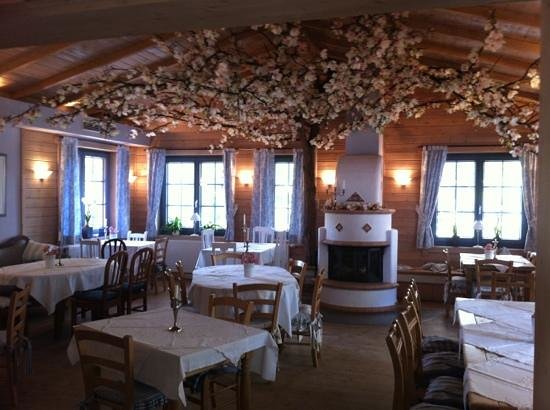SCHLESWIG-HOLSTEIN
WELCOME TO SCHLESWIG-HOLSTEIN
State Overview
Kiel
15,799 km2
2.9 million
German
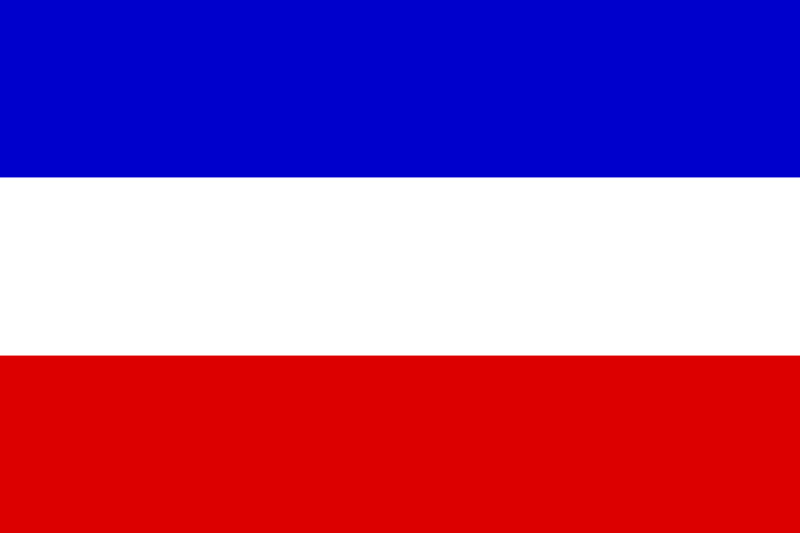
Popular
Geography and Tourist Attractions
Information about the state's tourist attractions, including popular destinations, events, and activities.
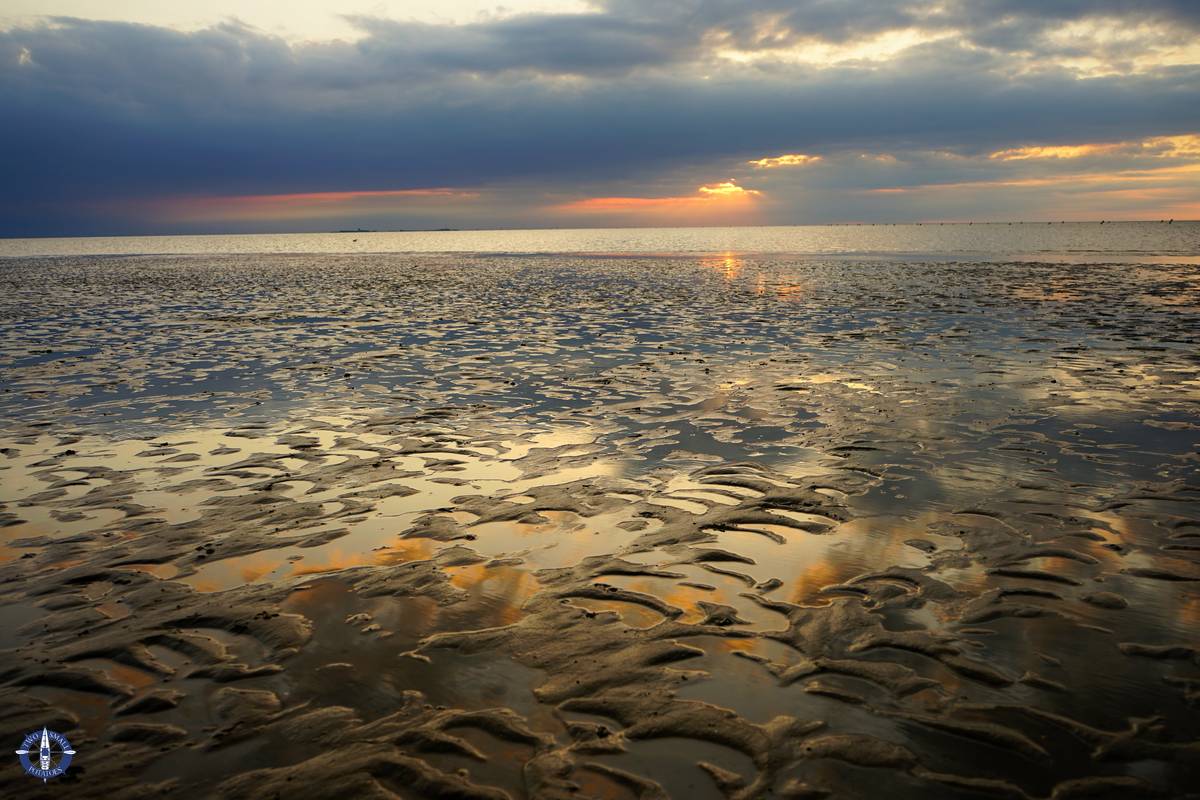
The Wadden Sea National Park
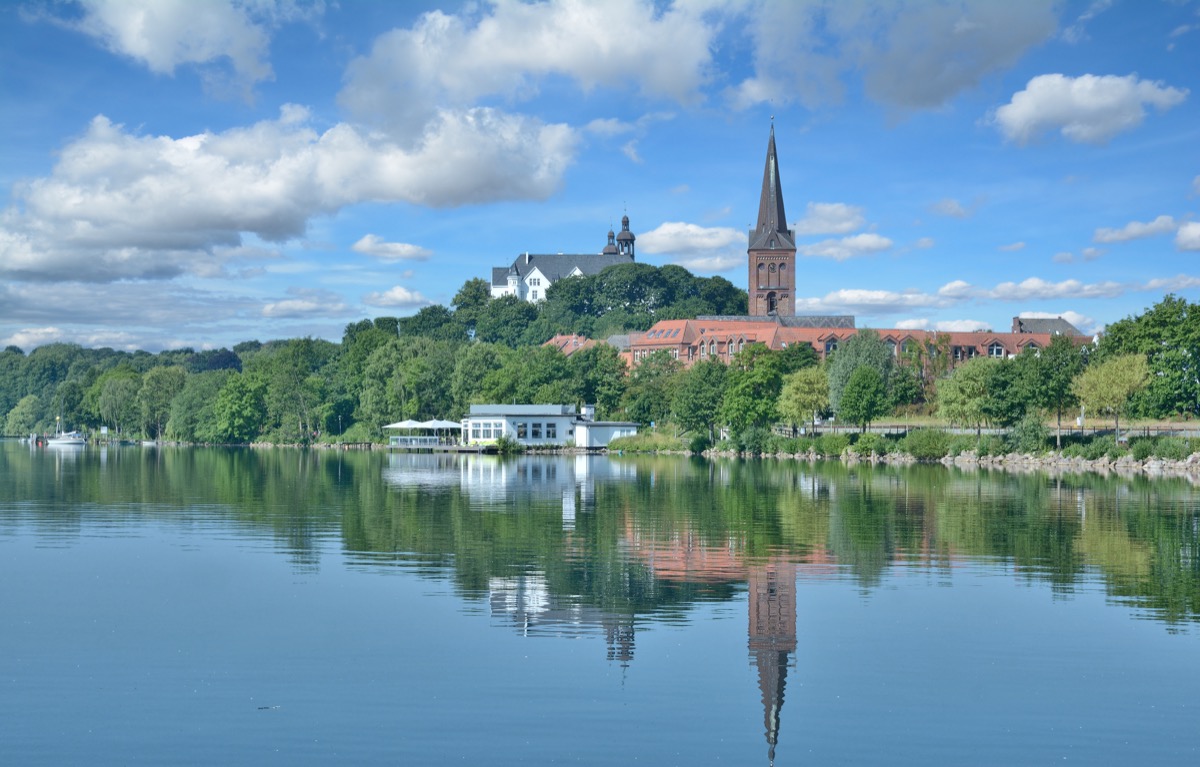
The Holstein Switzerland
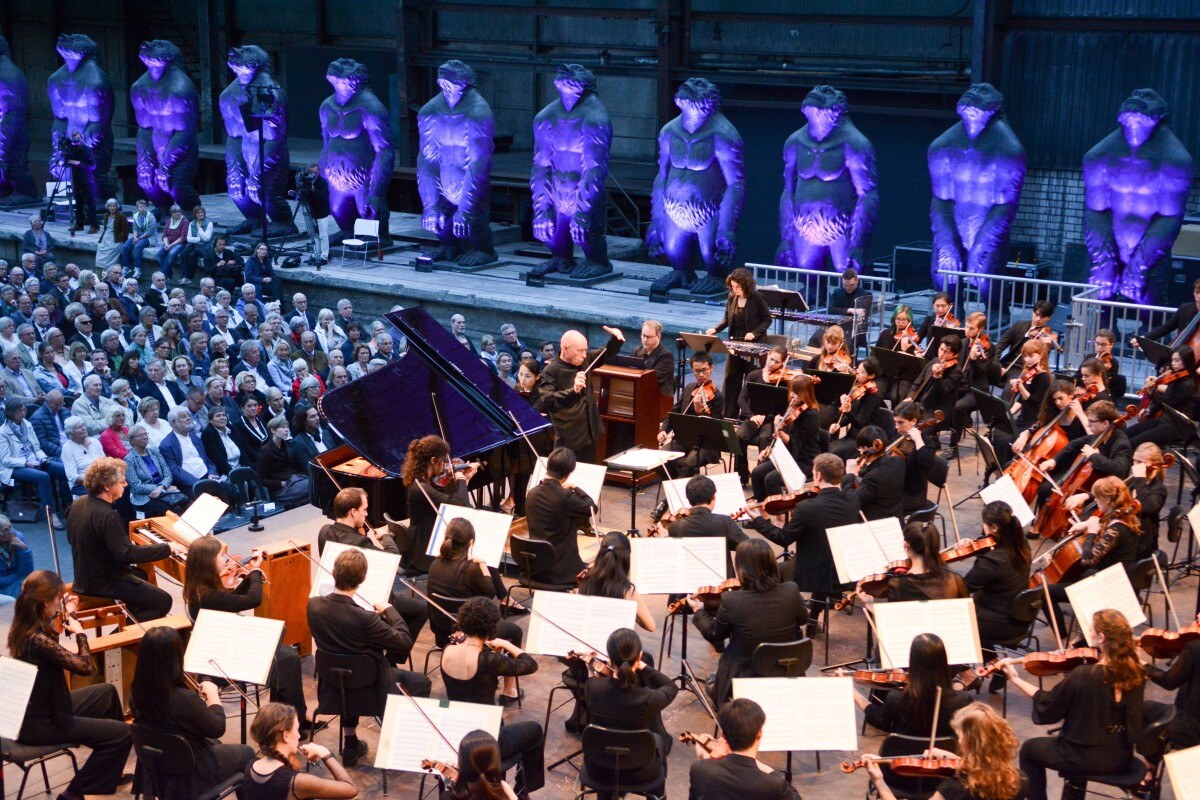
The Schleswig-Holstein Music Festival
Political
Economy and Government
Schleswig-Holstein is the northernmost state of Germany and has a mixed economy with a focus on manufacturing, agriculture, and tourism. It is home to several large companies, including the shipbuilder ThyssenKrupp Marine Systems, the pharmaceutical company Drägerwerk, and the food producer Nordzucker. The state also has a significant agricultural sector, with a focus on dairy farming and crop production. Tourism is another important industry, with the state's scenic coastlines and picturesque towns attracting visitors from around the world.
The state government of Schleswig-Holstein is headed by the Minister-President, who is elected by the state parliament, the Landtag. The state has a unicameral parliamentary system, with the Landtag consisting of 73 members elected for a term of five years. The government is responsible for a wide range of policy areas, including education, healthcare, transportation, and economic development.
Schleswig-Holstein is known for its progressive political culture and has a history of supporting social and environmental policies. The state government has taken steps to promote renewable energy, and Schleswig-Holstein is one of the leading producers of wind energy in Germany. The state also has a strong commitment to education, with a high proportion of its population holding university degrees. Overall, Schleswig-Holstein is a prosperous and dynamic state with a diverse economy and a strong tradition of democratic governance.
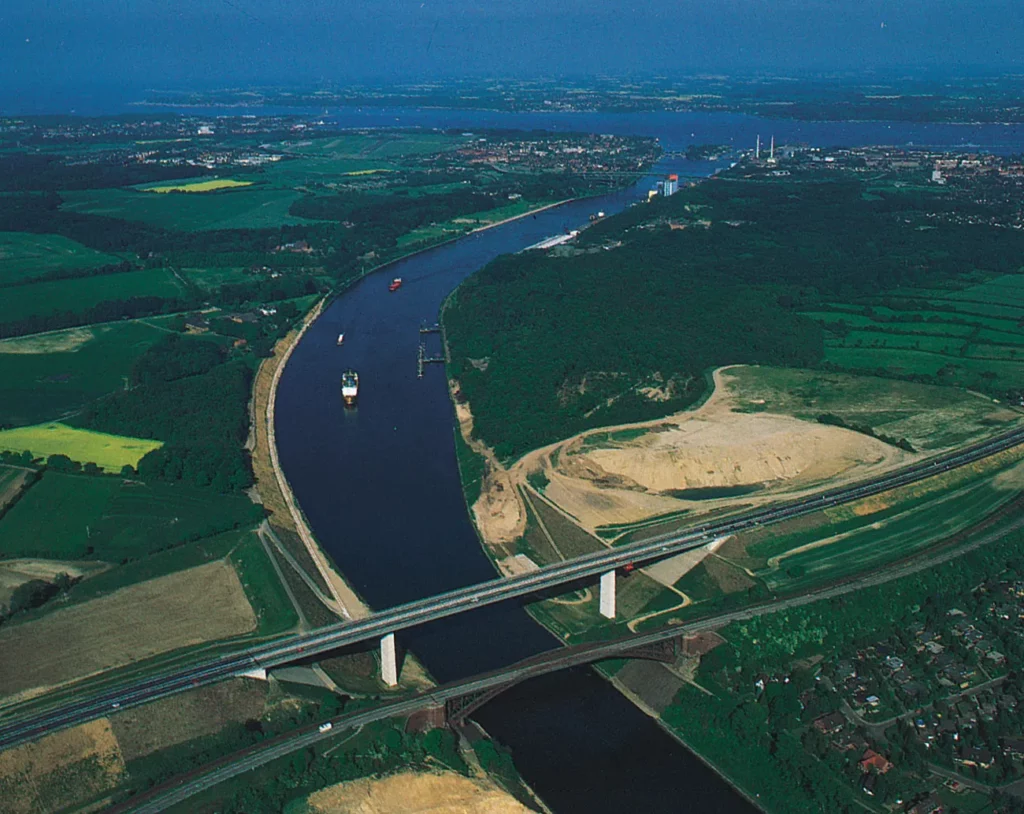
History
History and Culture
Schleswig-Holstein has a rich history and culture that is influenced by its location on the border between Germany and Denmark. The region was once part of the Viking trade network, and the town of Haithabu was an important trading center in the Middle Ages. The region also played a significant role in the Protestant Reformation, with figures like Martin Luther and Philipp Melanchthon visiting the area and spreading their teachings.
The cultural identity of Schleswig-Holstein is shaped by its historical ties to Denmark, and the region has a distinct North Germanic character. Traditional folk festivals, such as the Kiel Week sailing regatta and the Husum Goose Market, are important cultural events that attract visitors from across the region. The state is also home to several museums and cultural institutions, including the Schleswig-Holstein State Museum, which houses collections of art, archaeology, and cultural history.
In recent years, Schleswig-Holstein has become known for its vibrant contemporary arts scene, with festivals and exhibitions showcasing the work of local and international artists. The state is also home to several theaters and music venues, including the iconic Elbphilharmonie concert hall in Hamburg. Overall, Schleswig-Holstein is a culturally rich and diverse region that reflects its unique history and heritage.
HOTELS
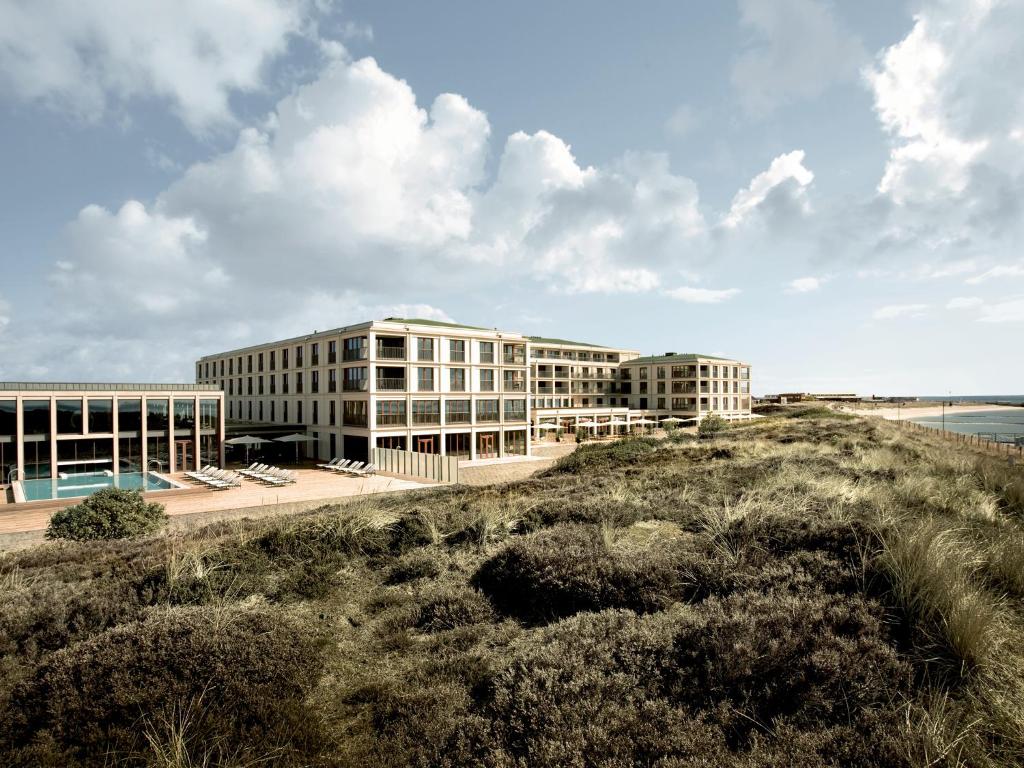
A-ROSA Sylt
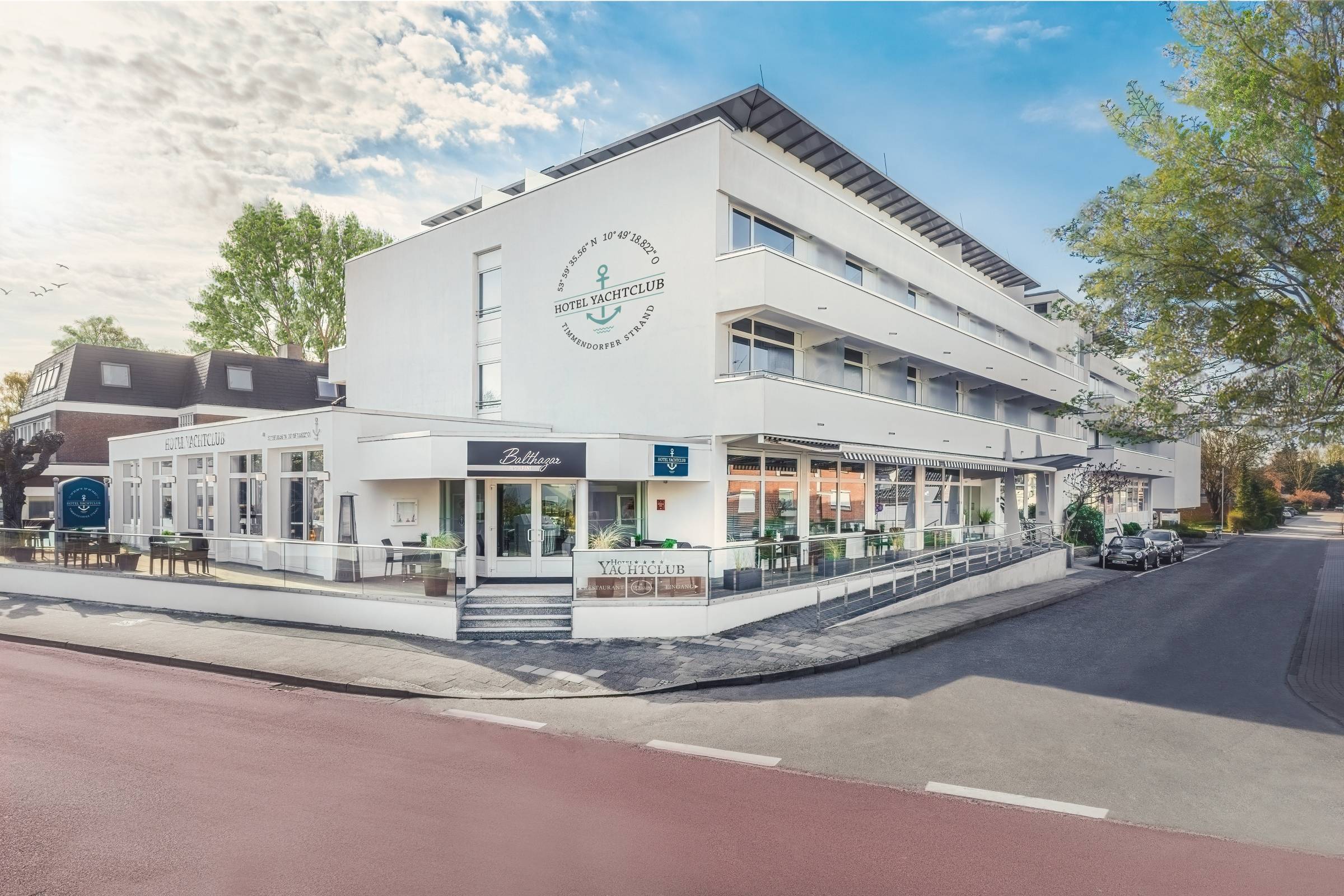
Hotel Yachtclub
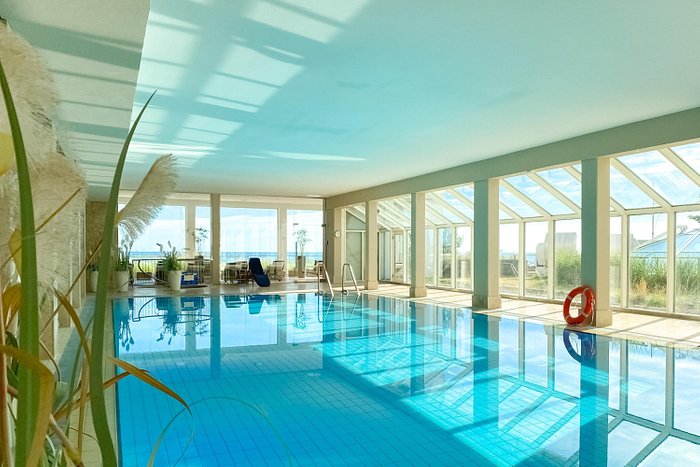
Grand Hotel Seeschlösschen:
RESTAURANTS
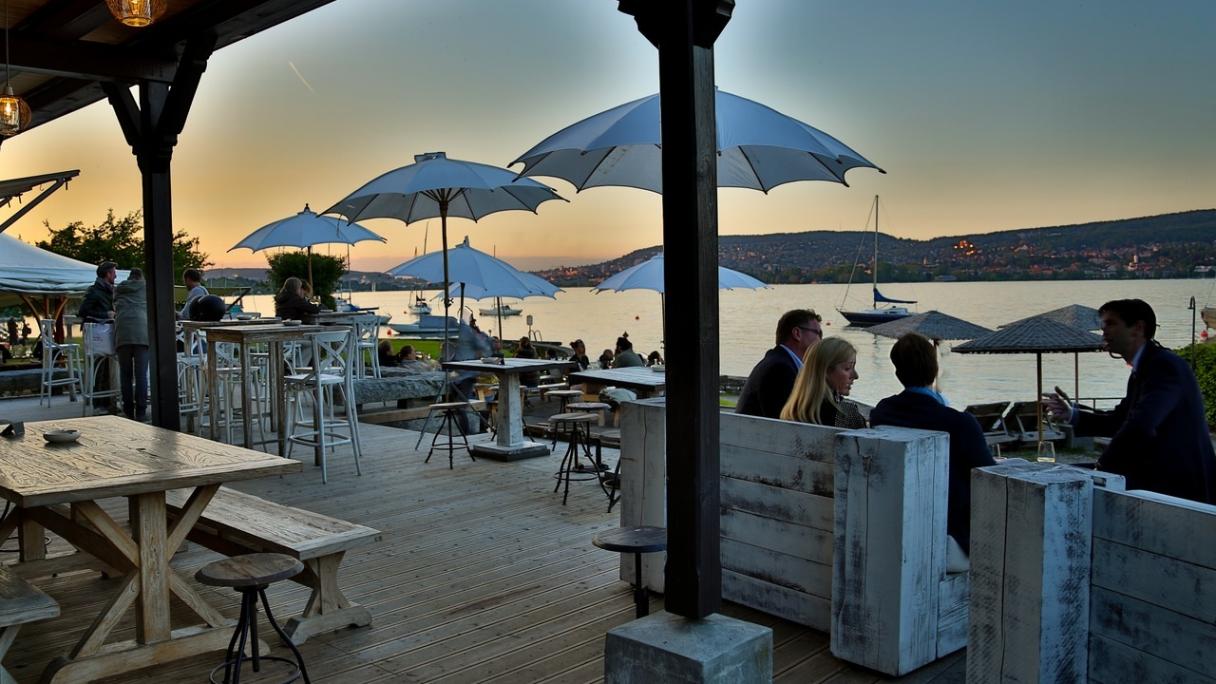
Fischers Fritz
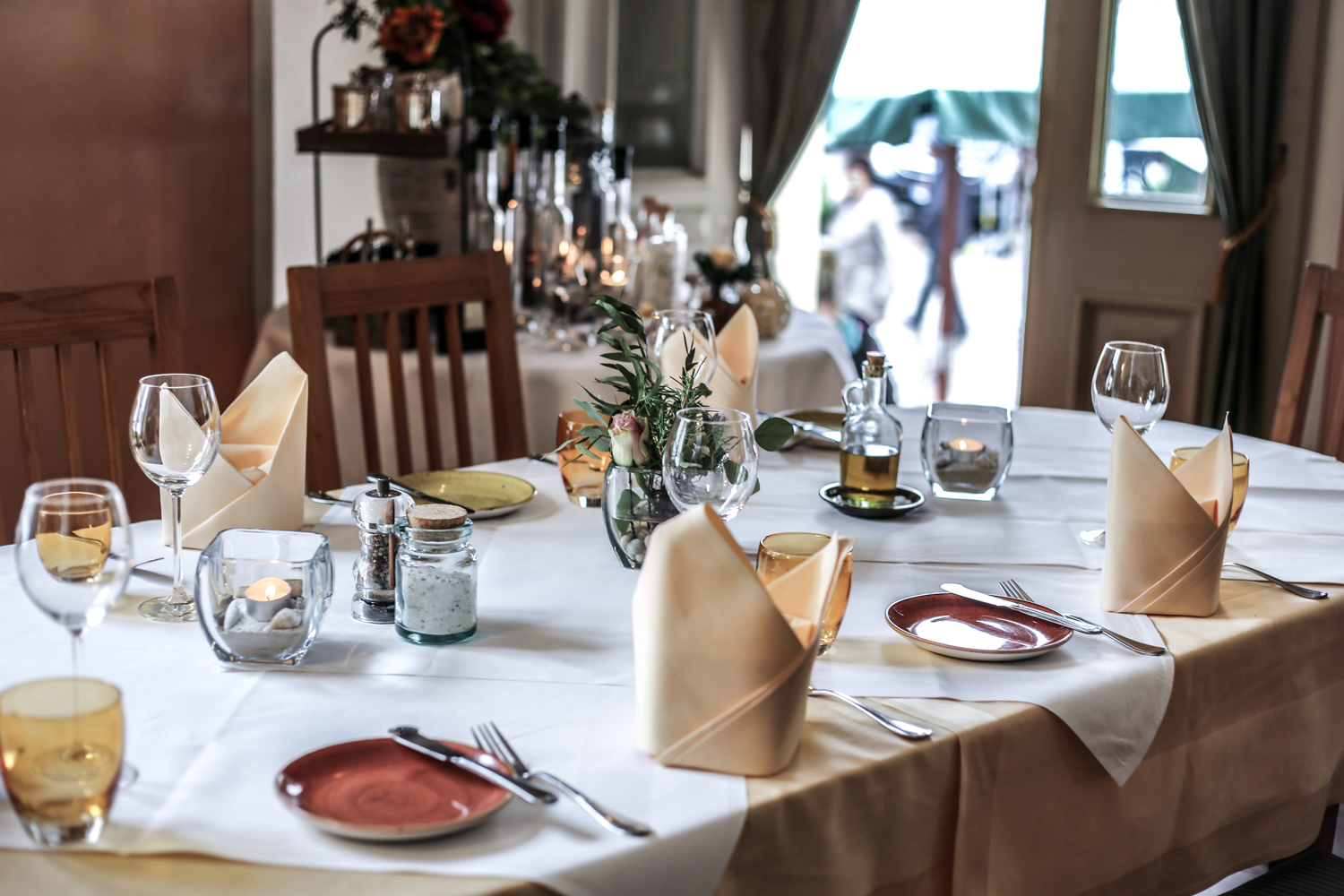
Der Butt
